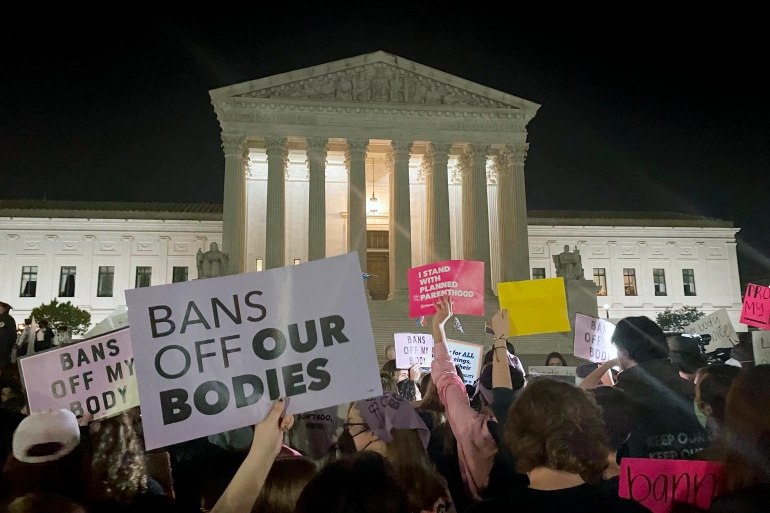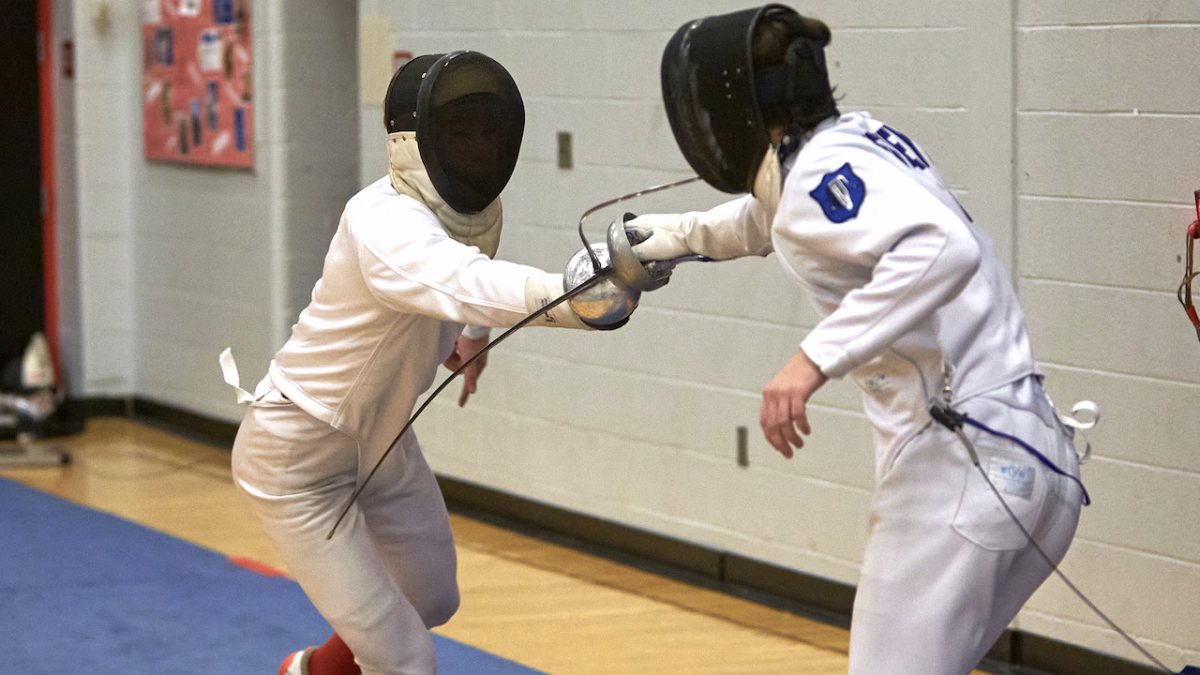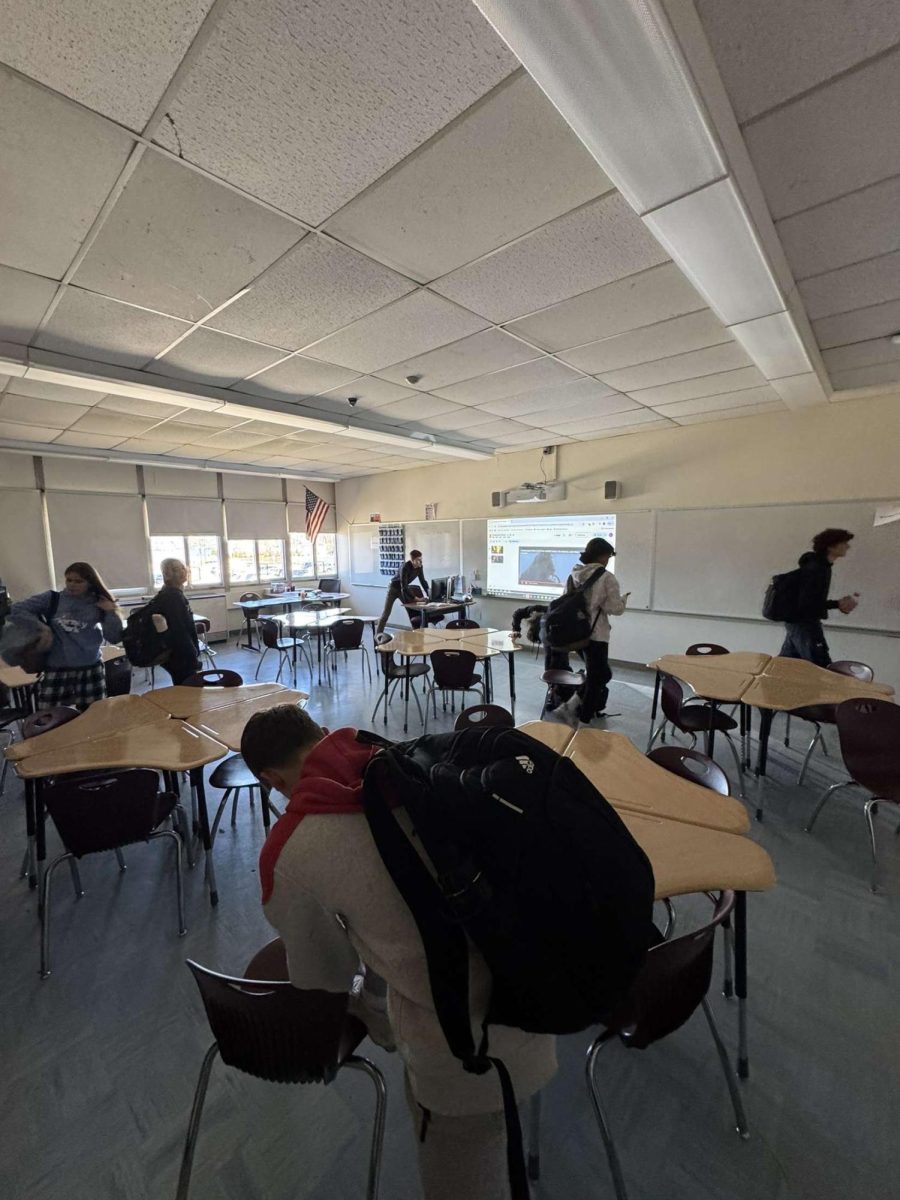Potential End of Roe v. Wade
May 10, 2022
Earlier this week, a leaked draft shows Justice Samuel Alito explaining that there could be a potential overturning of Roe v. Wade by the Supreme Court. That has been after long lasting conversations have been held surrounding the case and the idea of a major republican court being in favor of a more pro-life stance. If Roe v. Wade is overturned, it would send the abortion debate to the federal-level.
Roe v. Wade is the name of the lawsuit that led to the Supreme Court decision establishing abortion as a Constitutional right in 1973. Before this, after the adoption of the Constitution, each State was held permitted to handle the issue of abortion based on the views of the citizens. Overturning Roe v. Wade would get rid of federal protection, and 26 states are most certain to ban abortion mostly in the south and midwest.
Once you look at the statistics, an overwhelming number of Americans are in favor of a women’s right to choose. Junior Rahaf Alsattari says, “A women’s right to choose is something that many average Americans support. So it’s weird that we have a few right wing Christians trying to push their religious beliefs onto a bunch of women.” Many have questioned why judges they did not elect have the ability to determine whether or not women could have abortion access.
Banning abortion will disproportionately affect people of lower income. People who have the resources, money, and time to take off work to go to a different state and get an abortion will be able to. However, low income individuals cannot and and will be forced to bear a child they cannot afford which will further put them in the poverty trap. It is also important to note that abortions will occur regardless of laws, and this can happen illegally and in ways that are dangerous to women.
People have argued that the Constitution does not specifically ever mention abortion as a right and therefore should not be protected. This leaves the ground open, as gay marriage is also not mentioned in the Constitution.
Many people have theorized that a push to overturn Roe v. Wade is an attempt to set women back. Women who wish to pursue higher education, a serious job, etc, bear a child, and are unable to get an abortion will not be able to pursue it with similar ambition. In the US, there is no guaranteed family leave or child care aid supporting families. Leaving women in vulnerable positions, especially in the job market.






